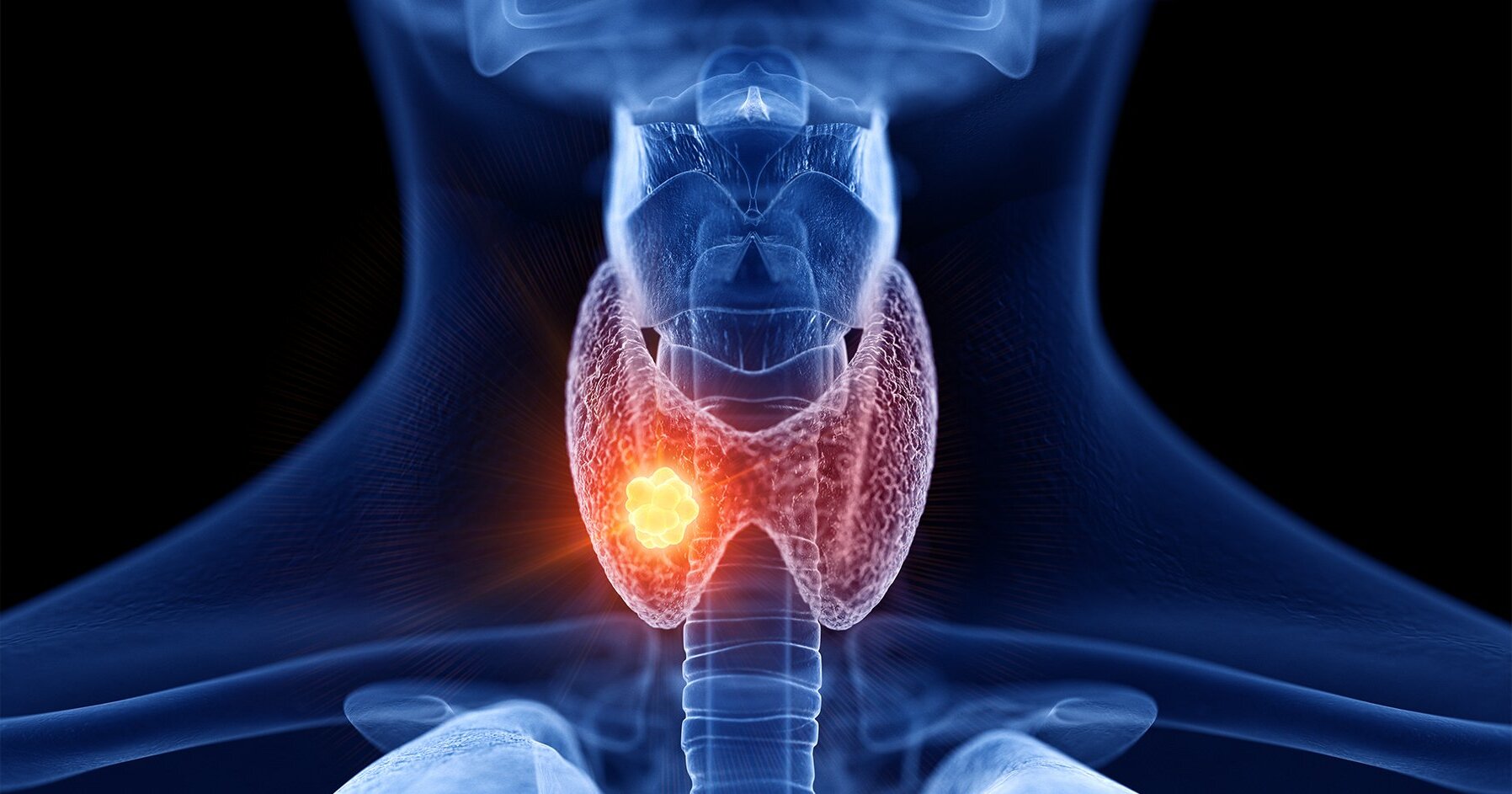
Hashimoto's Thyroiditis is a condition that affects the thyroid gland, leading to an underactive thyroid or hypothyroidism. Named after the Japanese doctor Hakaru Hashimoto, who first described it in 1912, this autoimmune disorder causes the body's immune system to attack thyroid tissue. Symptoms can vary widely, including fatigue, weight gain, depression, and sensitivity to cold. Diagnosis often involves blood tests to check levels of thyroid hormones and antibodies. Treatment typically includes hormone replacement therapy to manage symptoms. Understanding Hashimoto's Thyroiditis is crucial for those affected, as it can significantly impact daily life. Let's dive into 50 facts about this condition to shed light on its complexities.
Key Takeaways:
- Hashimoto's Thyroiditis is a common autoimmune disorder that affects the thyroid gland, leading to symptoms like fatigue and weight gain. Treatment involves medication, lifestyle adjustments, and regular monitoring.
- Living with Hashimoto's requires managing symptoms through diet, exercise, and stress management. It's important to stay informed, seek support, and communicate with healthcare providers for optimal care.
What is Hashimoto's Thyroiditis?
Hashimoto's Thyroiditis is an autoimmune disorder affecting the thyroid gland. It causes the immune system to attack the thyroid, leading to inflammation and often hypothyroidism. Let's dive into some intriguing facts about this condition.
- Named after Dr. Hakaru Hashimoto, a Japanese physician who first described the disease in 1912.
- It is the most common cause of hypothyroidism in the United States.
- Women are 7 times more likely to develop Hashimoto's than men.
- The condition often appears between the ages of 30 and 50.
- Genetics play a significant role; it tends to run in families.
- Symptoms can be subtle and develop slowly over years.
- Common symptoms include fatigue, weight gain, and depression.
- It can also cause dry skin, hair loss, and muscle weakness.
- Blood tests measuring TSH and thyroid antibodies help diagnose it.
- High levels of thyroid peroxidase antibodies (TPO) are a hallmark of the disease.
How Does Hashimoto's Affect the Body?
Hashimoto's Thyroiditis impacts various bodily functions due to its effect on thyroid hormone production. Here are some ways it influences the body:
- The thyroid gland may become enlarged, forming a goiter.
- Low thyroid hormone levels can slow metabolism.
- It can lead to high cholesterol levels.
- Some patients experience joint pain and stiffness.
- It can cause menstrual irregularities in women.
- Infertility is a possible complication.
- Hashimoto's can contribute to heart problems, including heart failure.
- It may cause cognitive issues like memory lapses and difficulty concentrating.
- Digestive issues such as constipation are common.
- It can lead to sensitivity to cold temperatures.
Treatment and Management
Managing Hashimoto's Thyroiditis involves lifelong care and monitoring. Here are some key aspects of treatment:
- Levothyroxine, a synthetic thyroid hormone, is the standard treatment.
- Regular blood tests are necessary to monitor hormone levels.
- Dosage adjustments may be needed over time.
- Some patients benefit from a gluten-free diet.
- Selenium supplements can help reduce thyroid antibodies.
- Stress management techniques like yoga and meditation can be beneficial.
- Regular exercise helps maintain a healthy weight.
- Avoiding excessive iodine intake is recommended.
- Patients should avoid smoking, which can exacerbate symptoms.
- Regular check-ups with an endocrinologist are crucial.
Living with Hashimoto's
Living with Hashimoto's Thyroiditis requires lifestyle adjustments and awareness. Here are some tips for managing daily life:
- Keeping a symptom diary can help track changes and treatment effectiveness.
- Joining a support group provides emotional support and practical advice.
- Educating family and friends about the condition fosters understanding.
- Maintaining a balanced diet rich in fruits, vegetables, and lean proteins is essential.
- Staying hydrated helps manage symptoms like dry skin and constipation.
- Adequate sleep is crucial for overall health and well-being.
- Avoiding processed foods and sugars can improve energy levels.
- Mindfulness practices can reduce stress and improve mental health.
- Regularly updating your healthcare provider about new symptoms is important.
- Wearing layers helps manage temperature sensitivity.
Interesting Facts and Statistics
Hashimoto's Thyroiditis has some fascinating aspects and statistics worth noting. Here are a few:
- Approximately 5% of the U.S. population has Hashimoto's.
- It is more prevalent in countries with high iodine intake.
- The condition was once rare but has become more common in recent decades.
- Hashimoto's can coexist with other autoimmune diseases like lupus and rheumatoid arthritis.
- It is named after Dr. Hakaru Hashimoto, who first described it in 1912.
- The thyroid gland is butterfly-shaped and located in the neck.
- Hashimoto's is also known as chronic lymphocytic thyroiditis.
- The disease can be triggered by environmental factors like infections and stress.
- Early diagnosis and treatment can prevent complications.
- Research is ongoing to better understand the genetic and environmental factors involved.
Final Thoughts on Hashimoto's Thyroiditis
Hashimoto's Thyroiditis, a common autoimmune disorder, affects millions worldwide. Understanding its symptoms, causes, and treatments can help manage this condition effectively. Early diagnosis is crucial for better outcomes. Regular check-ups, a balanced diet, and medication can make a significant difference.
Living with Hashimoto's requires lifestyle adjustments, but many lead healthy lives with proper care. Awareness and education about this condition are essential. Support from healthcare providers, family, and friends plays a vital role in managing Hashimoto's.
Remember, you're not alone. Many resources and communities offer support and information. Stay informed, proactive, and positive. Managing Hashimoto's is a journey, but with the right approach, it's entirely possible to live well.
Keep these facts in mind, and take control of your health. Knowledge is power, and with it, you can navigate Hashimoto's with confidence.
Frequently Asked Questions
Was this page helpful?
Our commitment to delivering trustworthy and engaging content is at the heart of what we do. Each fact on our site is contributed by real users like you, bringing a wealth of diverse insights and information. To ensure the highest standards of accuracy and reliability, our dedicated editors meticulously review each submission. This process guarantees that the facts we share are not only fascinating but also credible. Trust in our commitment to quality and authenticity as you explore and learn with us.


